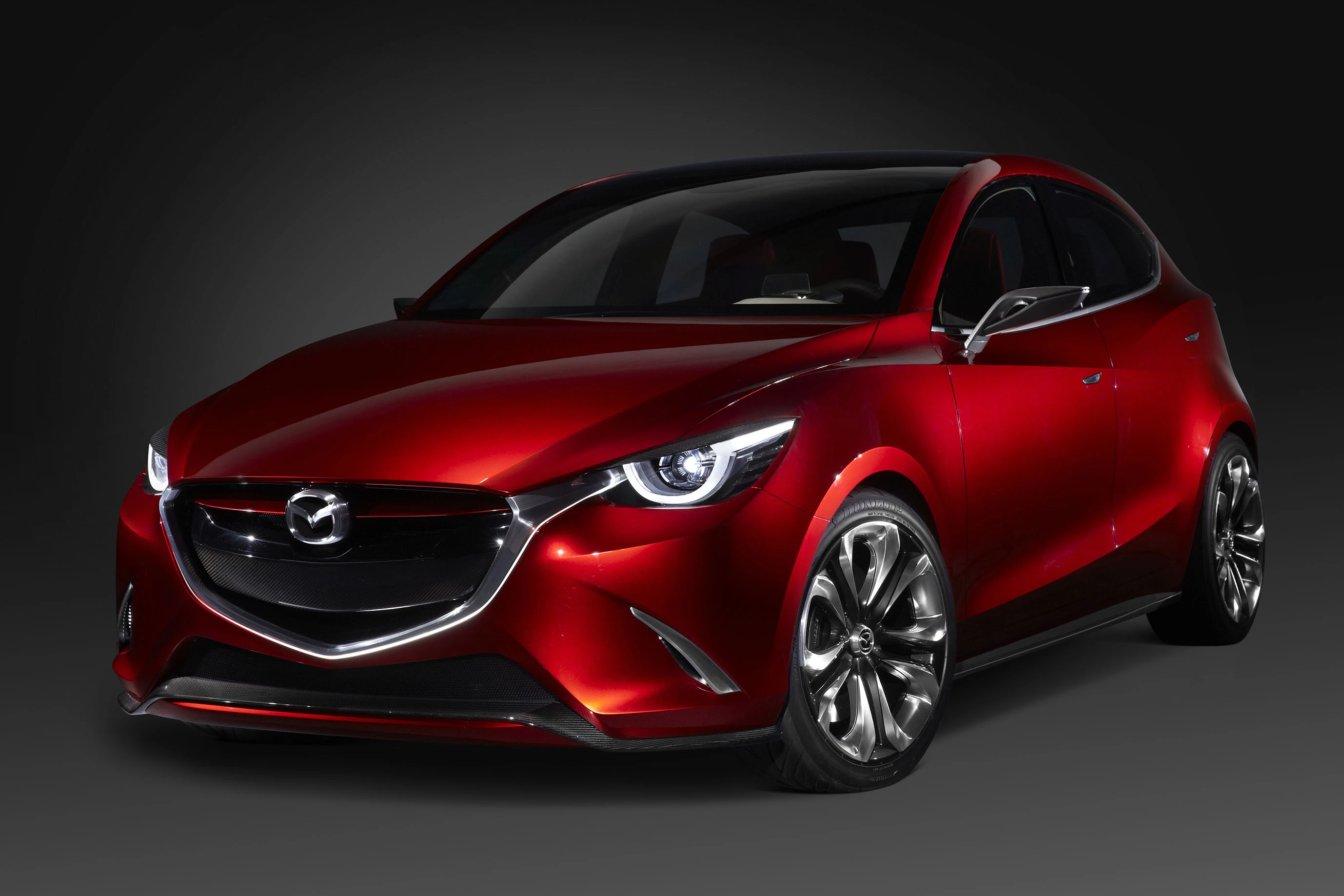In spite of the saying "ain't no replacement for displacement," manufacturers are making their engines smaller by the day. Ford has its 1.0-liter EcoBoost, and Mini a 1.5-liter three cylinder motor. Renault's next Twingo will feature not only a 1.0-liter engine, but a 900cc motor making 90hp. Now, Mazda has joined the global trend for downsizing engines with its new turbocharged 1.5-liter SKYACTIV diesel. After teasing us at the Geneva Motor Show, the Japanese car company has finally released details of its new motor.
The engine features a very low compression ratio (14:8:1) like the 2.2-liter SKYACTIV diesel featured in the CX-5, but less mechanical resistance and additional work to limit the cooling losses associated with a small engine. It also takes advantage of a water-cooled intercooler that is integrated into the intake manifold, which improves engine response and the efficiency of the turbocharger.

The engine makes 77 kW (105 hp) at 4,000 rpm, and an impressive 250 Nm (184 ft lb) between 1,500 and 2,500 rpm. Mazda claims the torque figure is equivalent to that which you'd find in a 2.5-liter petrol motor, and because the engine meets the strict Euro6 emissions targets, Mazda claims no costly NOx aftertreatment system is needed to curb emissions.
To keep fuel consumption down, the new car will feature Mazda's i-stop system, which stops the engine when sitting still instead of wasting fuel idling. It also will feature i-ELOOP brake regeneration, a system that stores energy gained when braking and uses it to help power the car's electronics. The 2015 Mazda 2 will be the first car to utilize the new engine.
Source: Mazda




